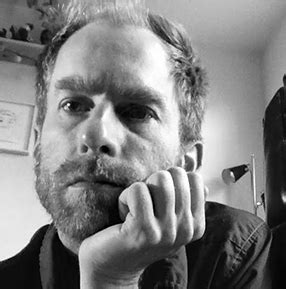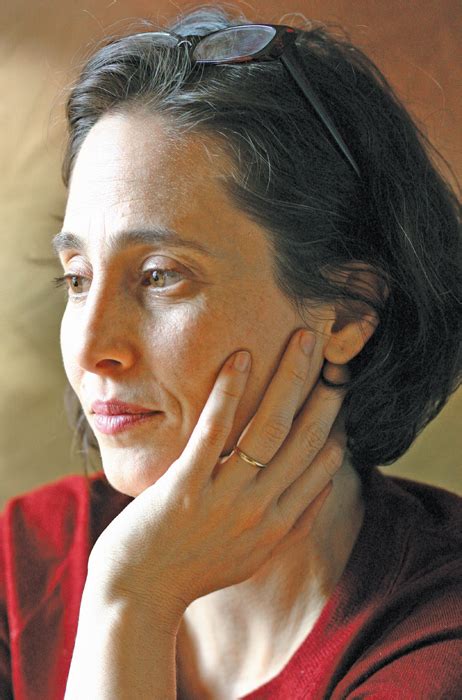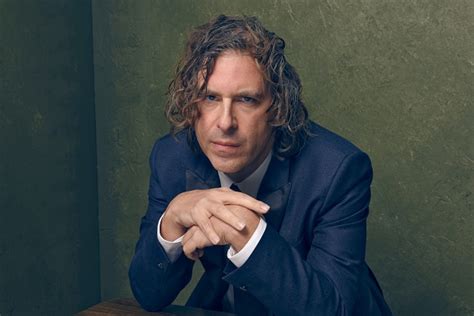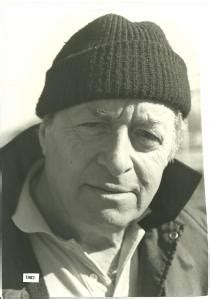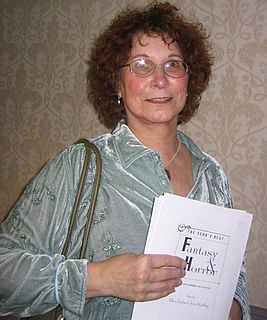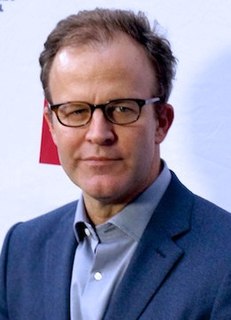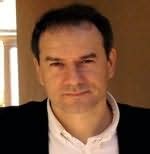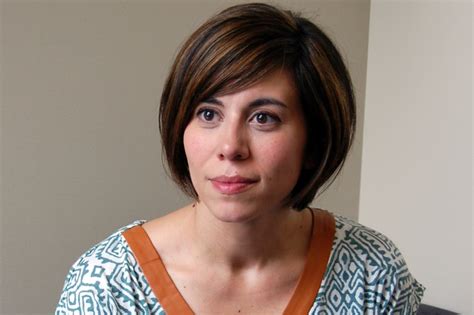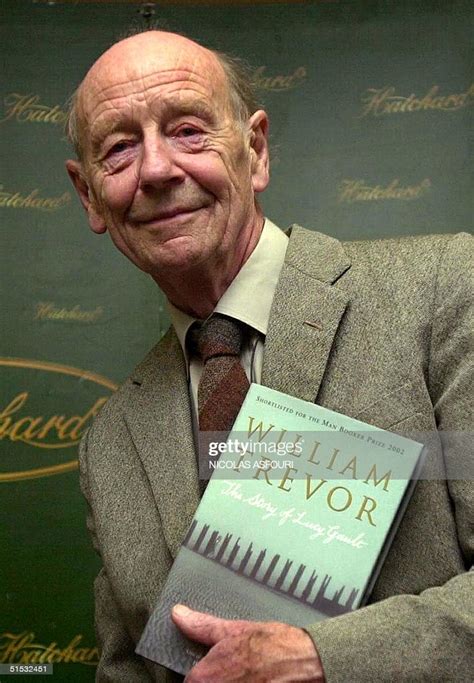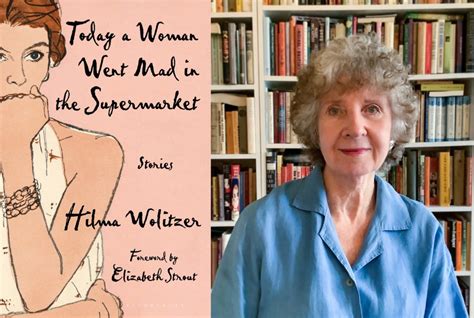Top 1200 Writing Fiction Quotes & Sayings - Page 20
Explore popular Writing Fiction quotes.
Last updated on April 15, 2025.
I feel like some sort of fiction-writing hobo, jumping trains and always hoping I'll find a good place to start a fire in the next town. And I keep having these panicky episodes where I corner my husband and rant at him: 'I don't have anywhere to write! I can't write! I don't have a place to write!'
Funny as hell, searingly honest, and urgently real, Sam Pink's Rontel puts to shame most modern fiction. His writing perfectly captures the bizarre parade that is Chicago, with all its gloriously odd and wonderful people. This book possesses both the nerve of Nelson Algren and the existential comedy of Albert Camus.
I have always been intensely uncomfortable with the idea of a science fiction writer as prophet. Not that there haven't been science fiction writers who think of themselves as having some sort of prophetic role, but when I think of that, I always think of H.G. Wells - he would think of what was going to happen, and he would imagine how it would happen, and then he would create a fiction to illustrate the idea that he'd had. And no part of my process has ever resembled that at all.
As a gay writer and someone who began by writing autobiographical fiction, it's hard to get away from chatter of "You're just a narcissist," "You're just a gay man," "You're just looking for yourself in somebody else," "Why does your boyfriend look like you," a kind of baggage that you already have to create in the face of.
I was reading Raymond Chandler very much with the feminist eye. In six of his seven novels, it's the woman who presents herself in a sexual way, who is the main bad person. And then you start reading more fiction, whether crime fiction or straight fiction, it's just bad girls trying to make good boys do bad things, going all the way back to Adam and Eve. The woman that thou gavest me made me do it, Adam says to God.
You cannot overestimate the role of intuition in fiction writing. Or the role of accident or randomness. These things are very central. This is never really admitted. You have to cover the pages. You have to have those people do things. And the things they do have to be relevant to the entire concern. The specific things they do don't much matter, you just have to have them do something that counts.
When I was in my late twenties, a friend suggested that, since I was an avid SF reader and had been since I was barely a teenager, that since it didn't look like the poetry was going where I wanted, I might try writing a science fiction story. I did, and the first story I ever wrote was 'The Great American Economy.'
The only valid reason to use clichés is in the speech of a character. Cliches are indications of sloppy writing. The writer does not respect the scene he is trying to dramatize enough to fashion it through precise prose and imaginative imagery. From the book Dare to be a Great Writer: 329 Keys to Powerful Fiction by
There's no real objection to escapism, in the right places... We all want to escape occasionally. But science fiction is often very far from escapism, in fact you might say that science fiction is escape into reality... It's a fiction which does concern itself with real issues: the origin of man; our future. In fact I can't think of any form of literature which is more concerned with real issues, reality.
Ben Karlin is a friend of mine and was a writer on 'The Daily Show.' He's just put out a book and asked a bunch of writers from various disciplines to contribute. It was called 'Things I've Learned from Women Who've Dumped Me,' and of course I agreed, and then I actually had to sit down and write it. God, writing fiction is terrifying.
I teach a lot of graduate creative writing classes, and on the first day, I like to go around the room and ask everybody what's the last book you've read that you really loved. And all of the women tend to give me chick lit titles. And to me, that's sort of disappointing because it's their only exposure to fiction somehow.
The marvellous thing about writing, whether it be fiction or journalism, is that it is simultaneously the most intimate and the most anonymous of meetings between people. It is profoundly intimate in reaching into the psyche of another, at the same time as being devoid of social characteristics, cultural characteristics, economic characteristics.
As a writer one doesn’t belong anywhere. Fiction writers, I think, are even more outside the pale, necessarily on the edge of society. Because society and people are our meat, one really doesn’t belong in the midst of society. The great challenge in writing is always to find the universal in the local, the parochial. And to do that, one needs distance.
Learning to listen, letting people finish their sentences, and most of all, the habit of noticing the difference between what people say and how they say it. {on the habits of psychoanalytic training and practice applied to fiction writing} The gap between what people tell you and what's really going on is what interests me.
Write all the time. I believe in writing every day, at least a thousand words a day. We have a strange idea about writing: that it can be done, and done well, without a great deal of effort. Dancers practice every day, musicians practice every day, even when they are at the peak of their careers – especially then. Somehow, we don’t take writing as seriously. But writing – writing wonderfully – takes just as much dedication.
I think it's important to humanize history; fiction can help us remember. A lot of books I've read in the past have been so much more important than textbooks - there is an emotional connection with one particular person. I'm very much of a research-is-important type of fiction writer, even for contemporary fiction. I wrote about blogs in America and I've never blogged. But I read many, many blogs - usually about feminist things, or about race, or about hair.
Writing fiction is a solitary occupation but not really a lonely one. The writer's head is mobbed with characters, images and language, making the creative process something like eavesdropping at a party for which you've had the fun of drawing up the guest list. Loneliness usually doesn't set in until the work is finished, and all the partygoers and their imagined universe have disappeared.
My approach to 'Star Trek' was, 'I know science fiction, and I know screen writing.' That was very arrogant of me, but you really need to be a little bit arrogant to think that what you have to say is good enough to justify the expense of hundreds of thousands - now millions of dollars - to make an episode of the TV show.
I was a journalism major, and I would take creative writing classes as part of that, but I would also look for opportunities to write stories for some of my other classes. So for my course in Scandinavian history, I asked if I could write historical fiction instead of term papers. Sometimes they’d say yes.







